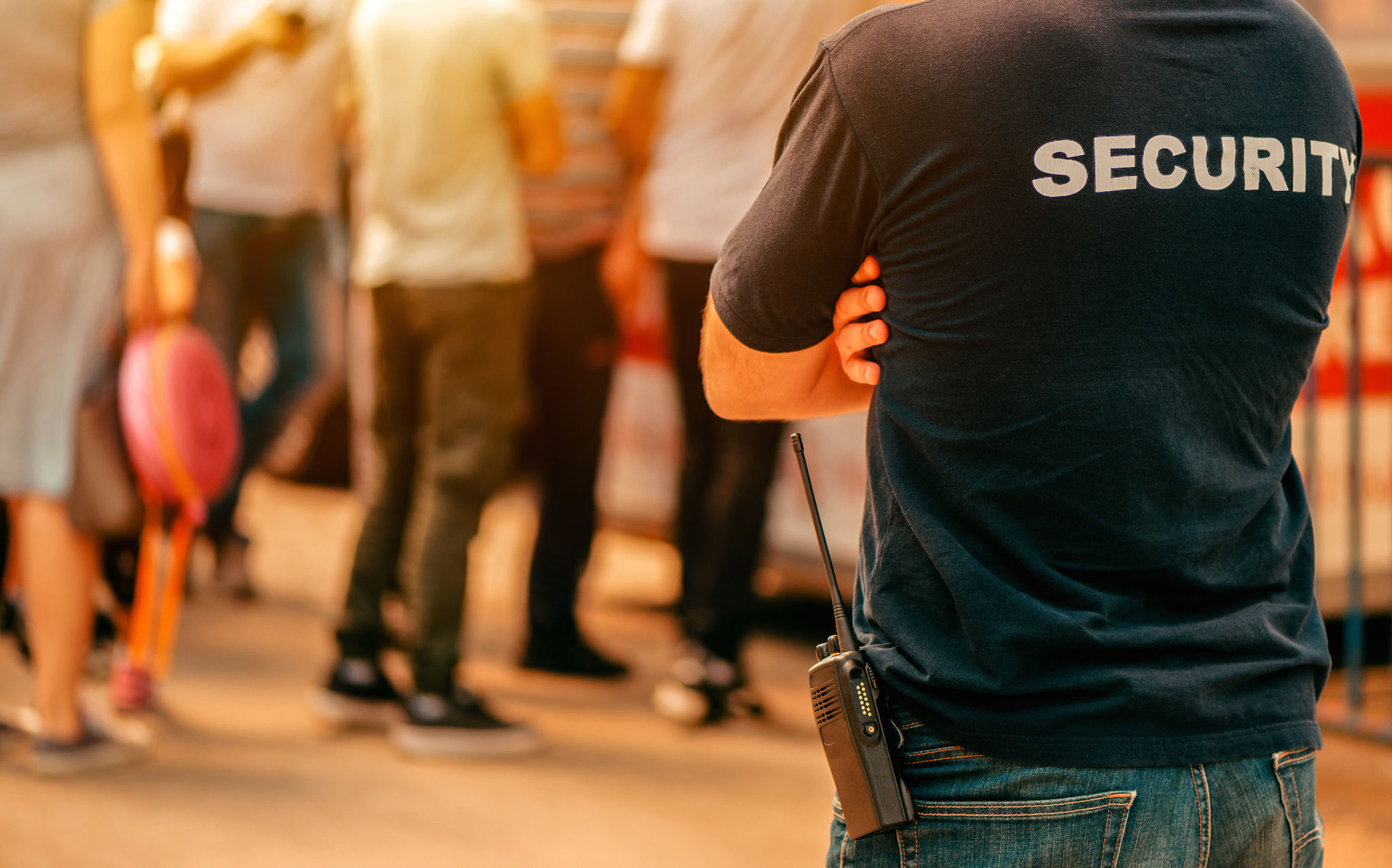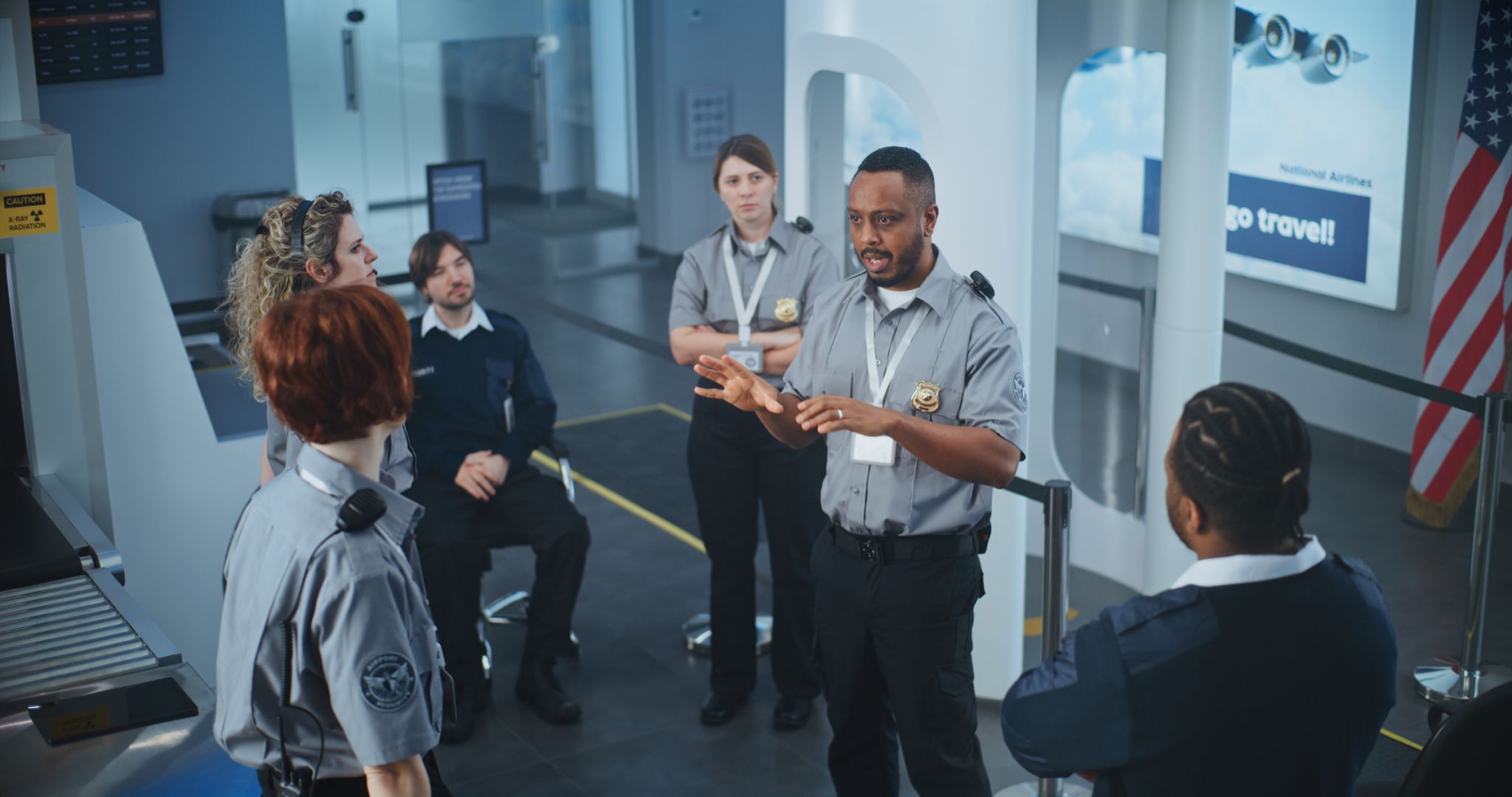Expert Tips for Effective Door Supervision at Large Events
Understanding the Role of a Door Supervisor
Door supervisors play a crucial role in maintaining safety and security at large events. Their primary responsibilities include managing entry and exit points, checking tickets, and ensuring that all attendees comply with venue rules. Effective door supervision goes beyond just controlling access; it involves anticipating potential issues and handling them professionally. By understanding the significance of their role, supervisors can create a safe environment that enhances the overall experience for guests.
One of the key aspects of door supervision is crowd control. Supervisors must be adept at managing large groups of people, ensuring orderly entry and exit. They should be equipped with strategies to handle surges in crowd movement and prevent bottlenecks.

Essential Skills for Door Supervisors
To perform their duties effectively, door supervisors need a specific set of skills. Strong communication skills are paramount, as supervisors must interact with a diverse range of people and convey instructions clearly. Additionally, they should possess excellent problem-solving skills to address unexpected situations calmly and efficiently.
Another essential skill is the ability to remain composed under pressure. Large events can be unpredictable, and door supervisors often encounter challenging scenarios. By staying calm and focused, they can make quick decisions that ensure the safety of all attendees.
Conflict Resolution Techniques
Inevitably, conflicts will arise at large events. Door supervisors should be trained in conflict resolution techniques to de-escalate tense situations. This includes active listening, empathizing with attendees' concerns, and finding mutually agreeable solutions.

Leveraging Technology for Enhanced Supervision
Incorporating technology can significantly improve the efficiency of door supervision. For instance, using digital ticketing systems can streamline the entry process and reduce wait times. Supervisors can also utilize surveillance cameras to monitor crowd movements and identify potential security threats.
Furthermore, communication devices such as two-way radios enable supervisors to coordinate with team members swiftly, ensuring that any issues are addressed promptly. By leveraging technology, door supervisors can enhance their effectiveness and maintain a secure environment.
Continuous Training and Development
Continuous training is vital for door supervisors to stay updated on best practices and emerging trends in event security. Regular workshops and training sessions can help them refine their skills and adapt to new challenges. Investing in professional development not only benefits the supervisors but also contributes to the overall success of the event.

Building Strong Team Dynamics
A cohesive team is essential for effective door supervision. Supervisors should foster a culture of collaboration and open communication among team members. Regular team meetings can help address any concerns and ensure everyone is on the same page regarding event protocols.
By building strong team dynamics, supervisors can create a supportive work environment where each member feels valued and motivated to perform their best. This collective effort is crucial in managing large events successfully.
Preparing for Different Event Types
Each event presents unique challenges, and door supervisors must tailor their approach accordingly. Whether it's a music festival or a corporate conference, understanding the specific requirements of the event type is essential. This preparation involves assessing potential risks and establishing contingency plans to address them effectively.

By implementing these expert tips for effective door supervision, event organizers can ensure a safe and enjoyable experience for all attendees. Door supervisors play an integral role in event success, and their expertise is invaluable in creating a secure environment.
